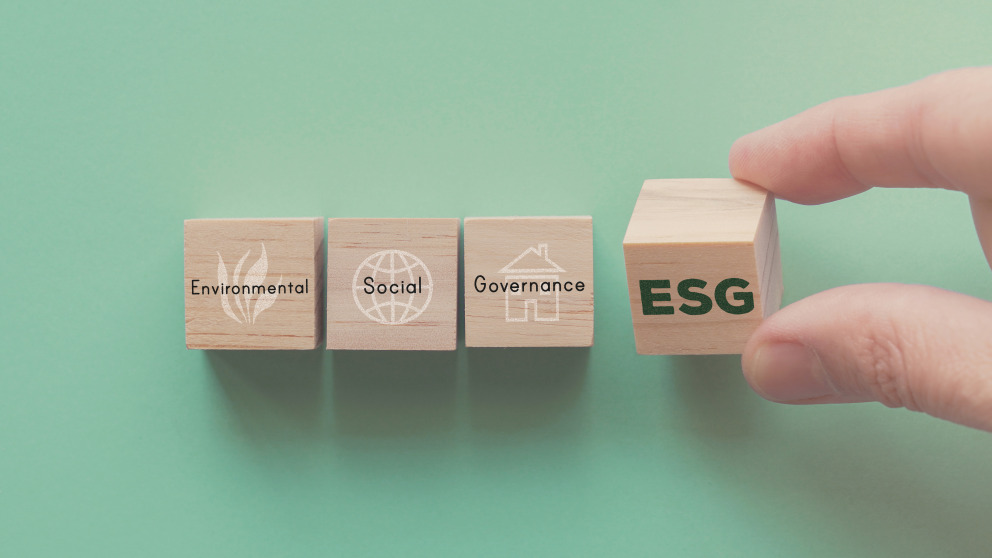Compliance, ESG, and Social Media in Brazil
10.05.2023

I was recently asked if environmental, social and corporate governance (ESG) frameworks are merely another take on corporate compliance or perhaps just “compliance with extra steps”. While I was thinking about how this distinction works in practice, a perfect example emerged a few days later, when the regulation of social media platforms moved to the centre of political debate in Brazil.
In the legal field, compliance was seen, for the best part of the last decade, as an innovative field that would factor in the Profit and Losses Statements (P&L) of companies, as a lack of compliance could prove expensive in the medium and long terms. While “compliance” means nothing more than complying with the regulations applicable to a given activity, the concept of ESG extends beyond the regulatory dimension. ESG frameworks are constituted by factors that may be more or less material in terms of their weighting within a company's P&L statement. In other words, ESG focuses on factors such as the relationship between a company and its suppliers and consumers, how it operates in the community, how it deals with government authorities, and how its activities affect the natural environment.
Thus, while compliance is concerned with legislation and regulations, ESG factors range from the direct impacts associated with business operations (Scope 1) to broader concepts that consider the indirect impacts associated with both upstream suppliers and downstream users of products (Scope 3), including the energy impacts of operations (Scope 2). While making an objective assessment of a company’s compliance is relatively straightforward, assessing the success of ESG efforts requires us to map specific pathways from ESG factors to a company’s P&L. It is through this mapping exercise that the relationship between compliance, ESG and social media platforms can be understood .
The regulation of social media platforms has been the subject of intense debate in Brazil following a string of attacks in schools, which took place in the months after the 2023 attack on the Brazilian Congress, Supreme Court and Presidential Palace. In both cases, the perpetrators openly announced their intentions or planned the attacks on social media platforms. High-ranking executive members of the Federal Government and even ministers of the Supreme Court have already spoken out in favour of tightening regulations on social media, and Congressional Bill No. 2630 (PL 2630/2020), which proposes a new framework for the regulation of social media, has become the focus of intense political debate in Brazil.
The current legislation governing the processing of user data and the moderation of user content (the Internet Civil Rights Bill, or Marco Civil da Internet and the General Personal Data Protection Law) guides the compliance efforts of social media companies like X Corp (Twitter) and Meta (Facebook) in Brazil. The Marco Civil grants platforms considerable freedom to self-regulate their activities and they can only be compelled to remove user content by a court order (a few exceptions exist but are not relevant here).
Nonetheless, recent debate on the regulation of social media touched on factors that fall within the scope of ESG. Governments are critical stakeholders for tech and social media companies, as they rely on policymakers taking a light touch to the regulation of their products. While it may seem unthinkable that a government could establish an agency to regulate the introduction and operation of new technologies (including the algorithms that power social media platforms), the social, political, and public health impacts of social media could easily justify the creation of an organisation similar to the European Medicines Agency (EMA) or the US Food and Drugs Administration (FDA). And indeed, the original text of Congressional Bill No. 2630 proposed the creation of a government agency to monitor the regulation of social media. The idea was dropped following a publicity campaign arguing that this would amount to the creation of a "ministry of truth" that would police opinions contrary to government interests.
Identifying the lack of regulation as an important element and the government as a crucial stakeholder is an important part in the exercise of mapping pathways from ESG factors to P&L statements. Poor stakeholder relations – the often turbulent relationship between Twitter's Elon Musk and various governments, for example – invite government interventions that would impose regulations on companies accustomed to operating with very little oversight.
One of the most important principles of ESG is that shareholder value growth has to be pursued in a sustainable manner. That is, with attention to how a company interacts with and influences the natural environment, communities and consumers, governments and other stakeholders. The power and influence of social media platforms have long been a social issue (see, for example, Facebook’s role in outbreaks of violence in Myanmar and Ethiopia), and the lack of action to better factor ESG elements into social media operations is likely to eventually result in a tightening of regulations, which will directly affect the profitability of tech companies.
Hopefully, this concentration of power at the expense of society, consumers, and governments, will eventually be corrected. In Brazil, it is probable that this correction will begin with the adoption of legislation that transforms elements of the first and third scopes of ESG into compliance requirements (relating to company operations and indirect impacts). However, this is unlikely to reflect the full complexity of environmental, social and corporate factors that should be taken into account in operations that claim to be sustainable. And while the imposition of minimum standards is undoubtedly an improvement, it cannot undo the damage already done nor can it bring back the lives lost as a consequence of algorithms promoting hate speech and extremist content on social media platforms. More significant changes are likely to be driven by the efforts of other important stakeholders, such as consumers and the community, who can demand change and pressure providers by boycotting services that profit from promoting fake news and hate speech.
